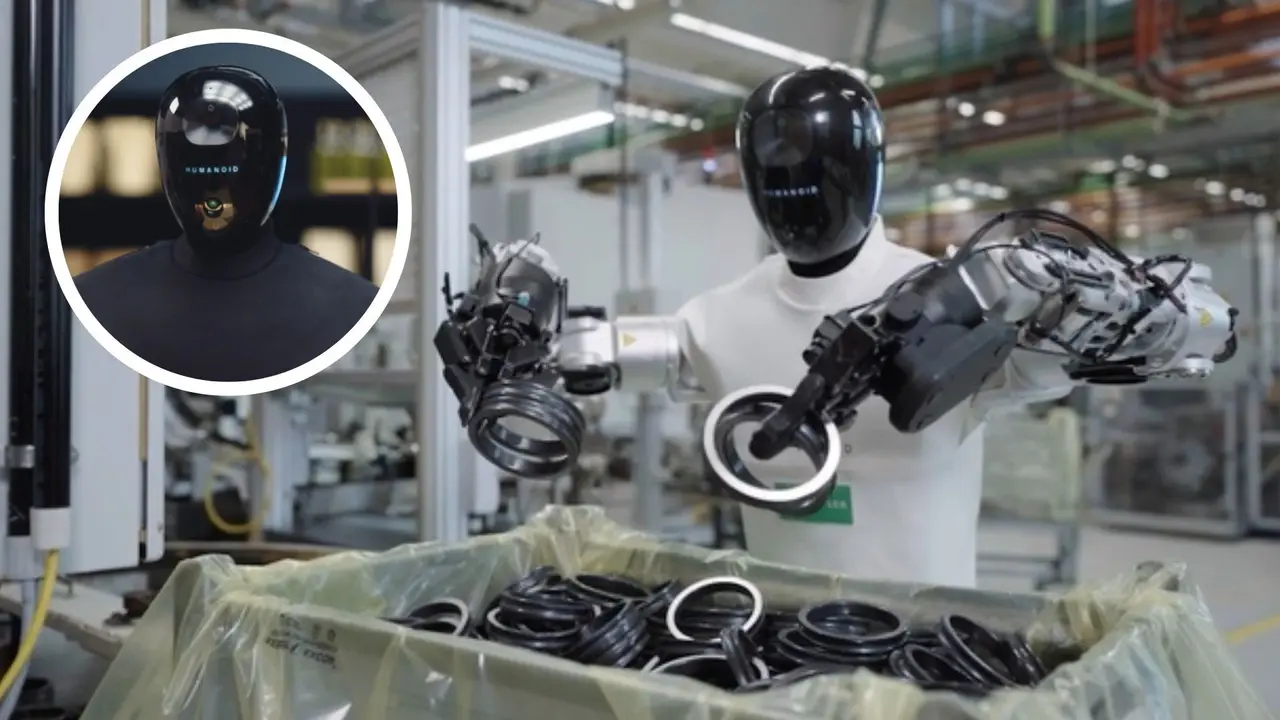Researchers Slash AI Memory Usage by 90% Without Compromising Performance
2 Sources
2 Sources
[1]
Researchers shrink AI memory needs by 90% without breaking a sweat
Deep learning and AI systems are steadily on the rise in terms of usage, thanks to their capability of automating complex computational tasks such as image recognition, computer vision, and natural language processing. However, these systems use billions of parameters and require a gigantic amount of memory usage, which further spikes computational costs. Researchers from Bar-Ilan University have shown a path that allows us to optimize and prune the parameters in these systems without compromising their capabilities. They have demonstrated how understanding the mechanism in deep learning can help prune unnecessary parameters without cutting down on performance.
[2]
Less is more: Efficient pruning for reducing AI memory and computational cost
Deep learning and AI systems have made great headway in recent years, especially in their capabilities of automating complex computational tasks such as image recognition, computer vision and natural language processing. Yet, these systems consist of billions of parameters and require great memory usage as well as expensive computational cost. This reality raises the question: Can we optimize, or more correctly, prune, the parameters in those systems without compromising their capabilities? In a study just published in Physical Review E by researchers from Bar-Ilan University, the answer is a resounding yes. In the article, the researchers show how a better understanding of the mechanism underlying successful deep learning leads to an efficient pruning of unnecessary parameters in a deep architecture without affecting its performance. "It all hinges on an initial understanding of what happens in deep networks, how they learn and what parameters are essential to its learning," said Prof. Ido Kanter, of Bar-Ilan's Department of Physics and Gonda (Goldschmied) Multidisciplinary Brain Research Center, who led the research. "It's the ever-present reality of scientific research. The more we know, the better we understand, and in turn, the better and more efficient the technology we can create." "There are many methods that attempt to improve memory and data usage," said Ph.D. student Yarden Tzach, a key contributor to this research. "They were able to improve memory usage and computational complexity, but our method was able to prune up to 90% of the parameters of certain layers, without hindering the system's accuracy at all." These results can lead to better usage of AI systems, both in memory as well as energy consumption. As AI becomes more and more prevalent in our day to day lives, reducing its energy cost will be of utmost importance.
Share
Share
Copy Link
Bar-Ilan University researchers have developed a method to significantly reduce AI memory requirements without affecting performance, potentially revolutionizing AI efficiency and accessibility.
Breakthrough in AI Efficiency
Researchers from Bar-Ilan University have made a significant advancement in artificial intelligence (AI) technology, demonstrating a method to reduce memory usage in deep learning systems by up to 90% without compromising performance
1
. This breakthrough addresses one of the major challenges in AI development: the enormous computational resources required for complex tasks such as image recognition, computer vision, and natural language processing.The Challenge of AI Memory Usage
Deep learning and AI systems have become increasingly prevalent in recent years, automating complex computational tasks with remarkable efficiency. However, these systems typically rely on billions of parameters, resulting in substantial memory usage and high computational costs
2
. This reality has prompted researchers to explore ways to optimize these systems without sacrificing their capabilities.
Source: Interesting Engineering
Efficient Pruning: The Key to Optimization
The research team, led by Professor Ido Kanter from Bar-Ilan's Department of Physics and Gonda (Goldschmied) Multidisciplinary Brain Research Center, focused on understanding the underlying mechanisms of deep learning. By gaining insights into how deep networks learn and identifying essential parameters, they developed an efficient pruning method that removes unnecessary parameters without affecting the system's accuracy
2
.
Source: Tech Xplore
Related Stories
Impressive Results
Ph.D. student Yarden Tzach, a key contributor to the research, reported that their method achieved remarkable results. While other approaches have improved memory usage and computational complexity, the Bar-Ilan team's method successfully pruned up to 90% of the parameters in certain layers without hindering the system's accuracy
2
.Implications for AI Development and Application
This breakthrough has significant implications for the future of AI technology:
-
Improved Accessibility: By reducing memory requirements, AI systems could become more accessible to a wider range of devices and applications.
-
Energy Efficiency: Lower computational demands translate to reduced energy consumption, addressing concerns about the environmental impact of AI technologies.
-
Cost Reduction: Decreased memory and computational requirements could lead to lower costs for AI implementation and operation.
-
Broader Application: More efficient AI systems could enable the technology's integration into a wider array of fields and industries.
As AI continues to permeate various aspects of daily life, the ability to reduce its energy and resource consumption becomes increasingly crucial. This research represents a significant step towards more sustainable and widely applicable AI technologies.
References
Summarized by
Navi
[1]
Related Stories
Breakthrough in AI Energy Efficiency: New Systems Promise Drastic Reduction in Power Consumption
08 Mar 2025•Technology

MIT Researchers Develop SySTeC: A User-Friendly System for Optimizing AI Models and Simulations
04 Feb 2025•Technology

New L-Mul Algorithm Promises 95% Reduction in AI Energy Consumption
09 Oct 2024•Technology

Recent Highlights
1
SpaceX acquires xAI as Elon Musk bets big on 1 million satellite constellation for orbital AI
Technology

2
French Police Raid X Office as Grok Investigation Expands to Include Holocaust Denial Claims
Policy and Regulation

3
UNICEF Demands Global Crackdown on AI-Generated Child Abuse as 1.2 Million Kids Victimized
Policy and Regulation





